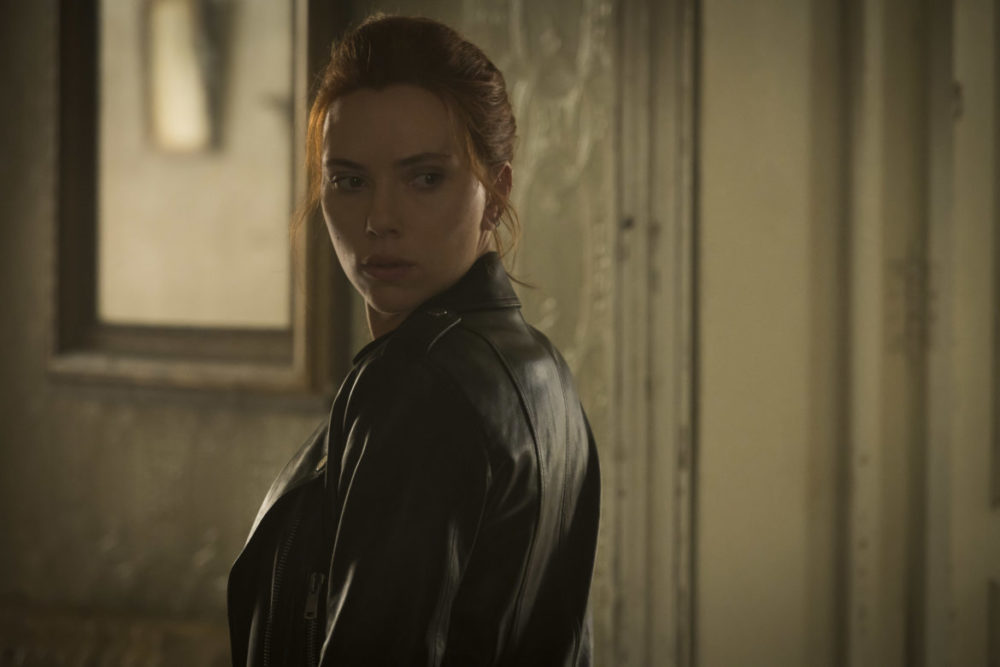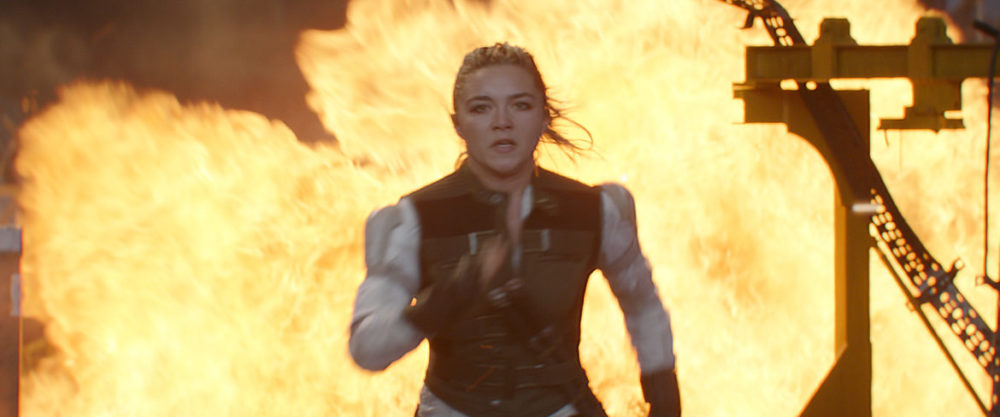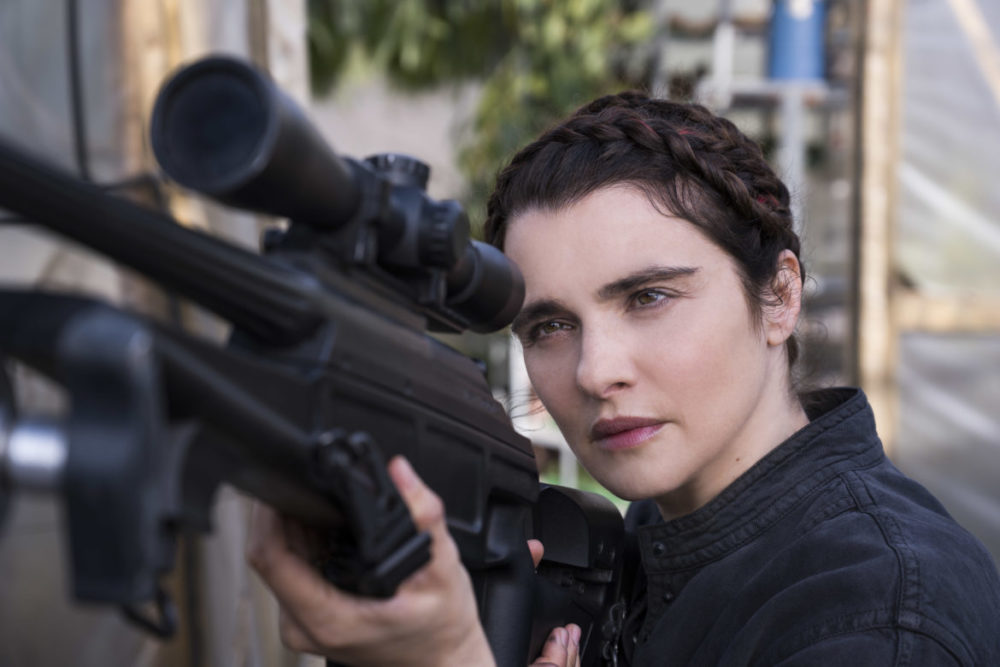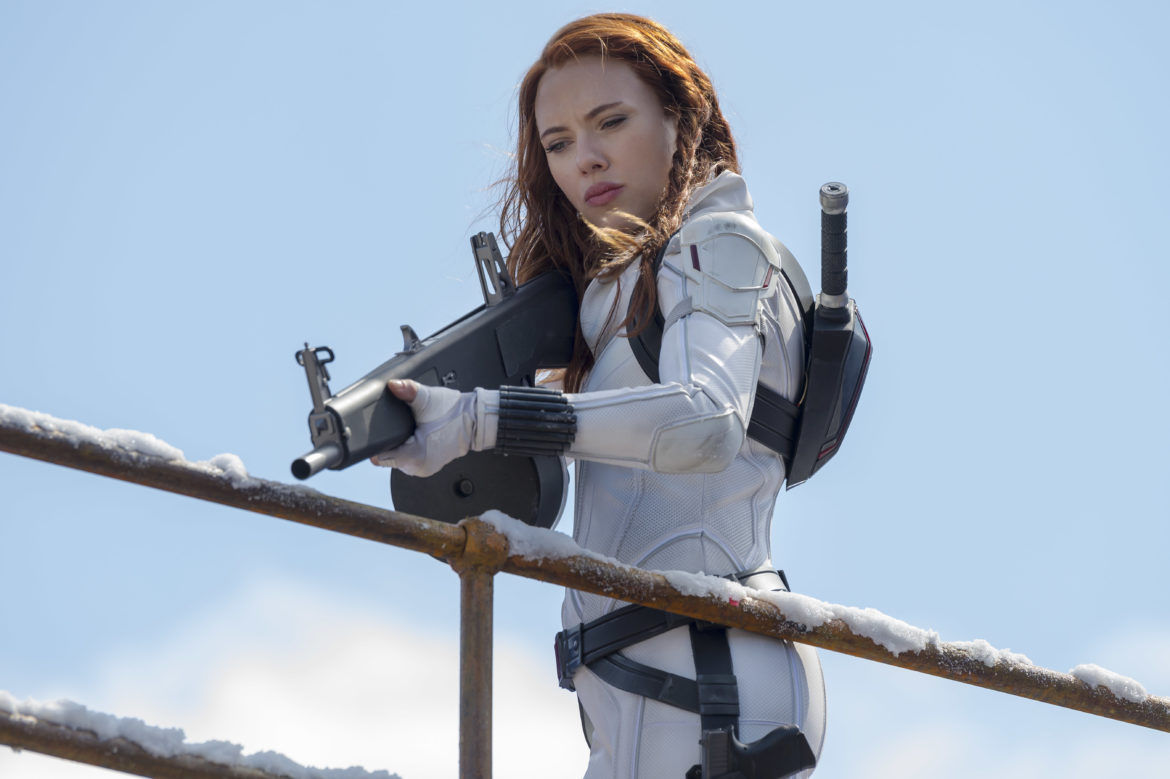TL;DR
Black Widow finally gets her own solo film, set after Civil War, revealing her past as a Russian spy alongside her estranged sister Yelena. While it's a solid spy thriller that works even without MCU knowledge, the film's isolation and pacing issues, with some unnecessary exposition and an underdeveloped villain in Taskmaster, are noticeable. However, Florence Pugh shines as Yelena, and the action and emotional moments are compelling. Despite its length, it's a worthwhile watch, especially on the big screen, offering emotional depth. Dive into the full review to see if it lives up to the hype!
In an American suburb, two seemingly ordinary sisters live with their equally unassuming parents. Their lives take an abrupt turn one evening, forcing them to flee and ultimately leading them to Cuba. There, the truth emerges: they are, in fact, Russian spies who have been living undercover. One of the sisters is the now-renowned Avenger, Black Widow (aka Natasha Romanoff) (Scarlett Johansson). The other, Yelena (Florence Pugh), Black Widow’s previously unacknowledged sister, has been out of contact since their separation following the hasty departure from the USA. A shared adversary compels them to reunite and confront the individual responsible for the disruption of their lives from the beginning, a mission that unearths long-buried secrets.

Black Widow is set directly after the events of Captain America: Civil War, placing it several years before Avengers: Endgame. This timeline effectively explains her solitary circumstances. While audiences have become accustomed to seeing other Avengers characters making appearances in each other’s films, Black Widow deviates from this trend. This has both positive and negative implications. On the positive side, Black Widow truly stands on her own, allowing the film to be appreciated as a spy thriller even by viewers unfamiliar with the broader Marvel Cinematic Universe. On the other hand, this approach can feel somewhat restrictive. Unlike, for instance, Deadpool’s self-aware joke about the studio’s budget limitations preventing a larger X-Men ensemble, the film’s isolation is a noticeable factor. Director Cate Shortland maintains a firm grip on the narrative, and Black Widow features several compelling and emotionally resonant moments. A standout scene involves Florence Pugh and her on-screen “dad,” Red Guardian (the Russian counterpart to Captain America), portrayed masterfully by David Harbour (Hell Boy, Stranger Things). The action sequences are stylishly executed, and the humor is appropriately balanced.

One significant drawback is the film’s pacing, which feels somewhat protracted. The runtime of 2 hours and 13 minutes could have been reduced by approximately 20 minutes through tighter editing. Several sequences are laden with exposition and dialogue. Furthermore, the narrative bears a resemblance to the George Lazenby Bond film, On Her Majesty’s Secret Service (1969). The filmmakers even acknowledge this influence with a subtle nod, featuring Black Widow watching Moonraker.

The antagonists, Dreykov (Ray Winstone) and Taskmaster, are arguably underdeveloped. In particular, Taskmaster, a potentially formidable villain capable of mimicking the fighting styles of opponents, feels significantly underutilized. Winstone’s performance as Dreykov is characterized by excessive overacting, complete with a distracting Russian accent.

In conclusion, Black Widow is still a worthwhile cinematic experience. Despite its availability on Disney+ via Premier Access (249 SEK), a theatrical viewing is recommended to fully appreciate the expertly crafted visual effects. While the narrative may have shortcomings, Black Widow ultimately delivers both emotional depth and intellectual engagement.

